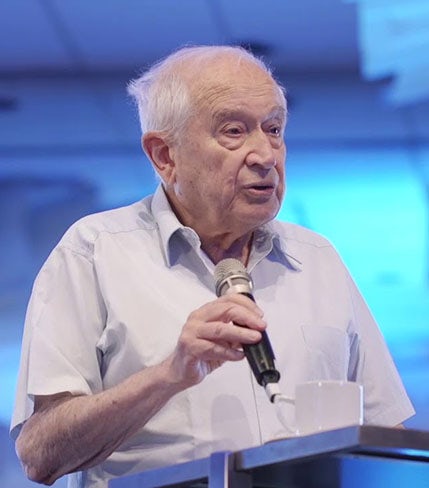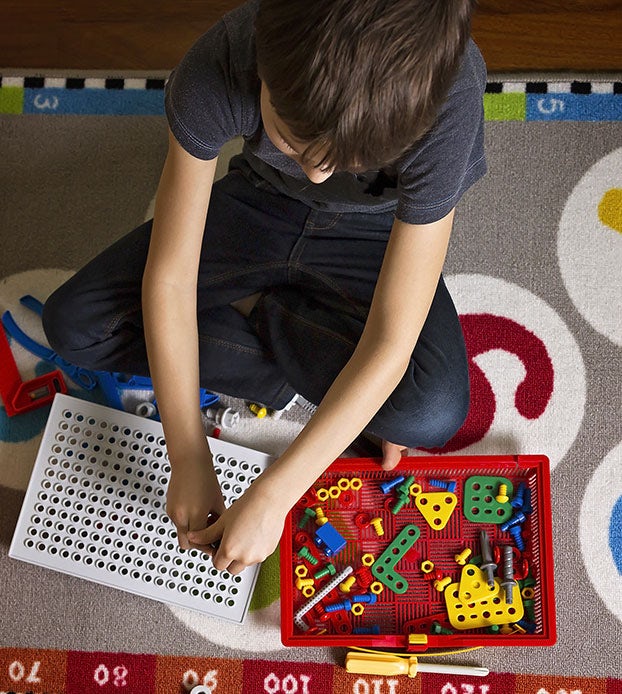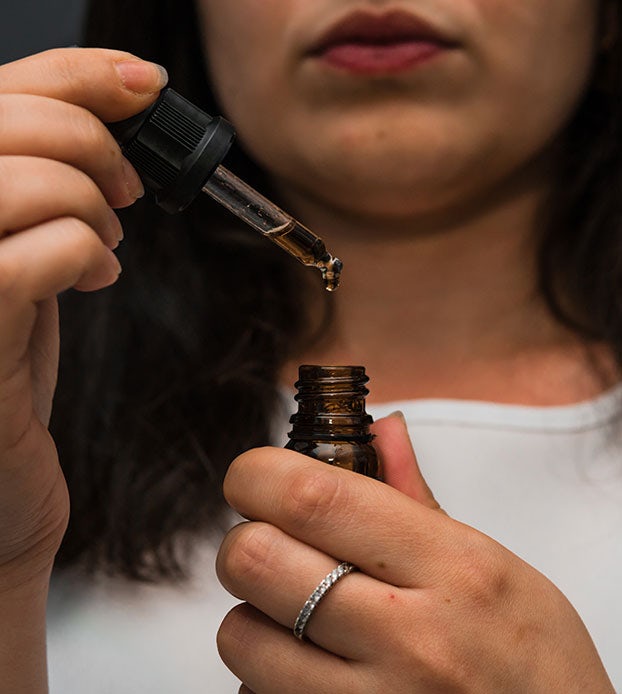Empathy is the ability to put yourself in someone else’s shoes; to look at life from another’s perspective; and to feel and think like someone else. But is empathy just another form of divergent thinking (creativity) and spirituality, the basis of cannabis culture? Can cannabis affect your thought process?
“Cannabis can have an impact on a person’s ability to understand and share the feelings of others,“ explained Dr. Jan Roberts, psychotherapist and CEO of The Cannabinoid Institute, a medical cannabis education company.
“But it depends on intention, type of cultivar used, and dosage,” she continued. Too little and you won’t get what you’re looking for. Too much, “and you can suppress or dull your emotions.”
Empathy is what opens up a person to shared experiences, needs, and desires. Through an interplay of neural networks, we perceive other people’s emotions, resonate with them, take in their perspective, and distinguish between our own and others’ emotions.1
A building block of social interaction, empathy helps us to communicate ideas and understand others when they communicate with us. A more empathic and compassionate world strengthens bonds.
How does cannabis affect empathy?
Empathy was once considered an inborn trait. More recently, research has shown that empathy can be taught. But there is evidence that it requires a complex interaction between physiological and psychological processes. Cannabinoid receptors are highly concentrated in brain areas such as the amygdala, a region well known for its role in emotion, as well as the medial prefrontal cortex (mPFC), a brain region responsible for decision-making and emotional response.2
Administration of THC decreases amygdala reactivity to social signals of threat. For example, Phan et al. (2008) observed that oral THC administered to recreational cannabis users dose-dependently decreased signals in the amygdala, but not visual or motor cortices, in response to angry faces. Together, the data demonstrates the ability of THC to impact central mechanisms thought to underlie emotions and showcase the involvement of the endogenous cannabinoid system (ECS) in affect-related neural processes.3 4
How can cannabis affect the way we feel and interact with others?
Cannabis consumption can elicit immediate and long-term changes in brain activity such as altered emotional processing and changes in emotional behavior. Cannabis can have direct effects on both physiological and psychological processes. The most well-known is an altered appetite and sleep patterns, but there are also changes in executive function and emotional behavior. For some, heavy or long term THC consumption can also alter brain structures and facilitate change in regions responsible for emotion processing.
One 2016 study showed trouble identifying negative facial expressions such as fear and anger, but THC had little effect on faces showing sadness and happiness. THC may have increased users ability to empathize with others emotions, but also affected the emotional processing.While the accuracy of recognition of emotional expression was impaired by THC, performance was improved by the subsequent administration of cannabidiol (CBD). This validates Dr. Roberts’ idea that the effects of cannabis on affective processes are complex and influenced by the chemical profile of cannabis, the intention of consumption and also on dosage.5
“Your neurotransmitters are impacted when you consume cannabis,” said Dr. Roberts, “ we know that the endocannabinoid system (ECS) impacts the types and levels of neurotransmitters, and cannabis works directly with the ECS.”
In fact, the ECS is highly intertwined with our nervous system and interacts directly with many neurotransmitters that you have probably heard of: serotonin, dopamine, GABA, glutamate, and others.6
“Empathy is about connection, and often when people can’t connect to others the limbic system is activated and a fight-or-flight response goes into effect,” Dr. Roberts continued. Stress hormones are released, “defenses come up and connection becomes impossible.”
If given at the right dose, cannabis can reduce anxiety and reduce the stress response. However, “this physiological response can be exacerbated with the wrong cannabinoid or dose,” Dr. Roberts explained.
There is also something to be said about cannabis’ effects on the dopamine system, which is our rewards system. Certain cannabinoids, including THC and CBD, have direct or indirect action on the dopamine system. “This leads to a feeling of being connected,” she said, “breaking down defenses and that absolutely leads to empathy.”
Cannabis helps you slow down
It is all in the details, explained Dr. Susan Scharf, MD, who has a holistic practice in Manhattan and upstate New York.
“Cannabis facilitates a practice of slowing down, taking a breath and time for self-reflection,” said Dr. Scharf.
“Slowing down with cannabis so that you can be more present — aware of what’s happening in your system, in your body and your mind, and what is happening around you — is about mindfulness. It all leads to empathy, and especially empathy with one’s self,” she added.
Most people who report anxiety tend to be those who have a lot of empathy in their life, Dr. Roberts said. “They can feel off others.”
“I would even argue that certain cannabinoids may influence mirror neurons — essentially, a response to actions that we observe in others — and anxiety may be a feedback loop.”
If the right cannabinoids are used at the right dosage, the limbic system is shut down and helps to have more of that connectivity to yourself and others,” she added.
It’s personal
Dr. Roberts and Dr. Scharf agreed that the connection between cannabis and empathy stems from a very personalized approach to cannabis.
“Everyone is different and for people who have had more stressors or trauma in their life, they may need more CBD or CBN to affect their level of empathy,” says Dr. Roberts.
“Using cannabis can get you to go beyond your ego and defense mechanisms and communicate connection, reciprocity and growth but it must be based on an individual’s mind, body and, frankly, spirit,” she added.
Empathy requires cognitive, emotional, behavioral and moral capacities to understand and respond to the suffering of others.7
Empathy allows individuals to understand and feel the emotional states and circumstances of others, resulting in more compassionate behavior. In order to tap into this place within oneself, “focus on the cannabinoid profile,” Dr. Scharf concurred. “The right combination can lead someone to be able to understand and feel what the other person feels (perhaps by learning how it feels for themselves). Ultimately, [cannabis] can be used as a great connector.”
Sources
- Riess H. (2017). The Science of Empathy. Journal of patient experience, 4(2), 74–77. https://doi.org/10.1177/2374373517699267
- Euston DR, Gruber AJ, McNaughton BL. The role of medial prefrontal cortex in memory and decision making. Neuron. 2012;76(6):1057-1070. doi:10.1016/j.neuron.2012.12.002
- K. Luan Phan, Mike Angstadt, Jamie Golden, Ikechukwu Onyewuenyi, Ana Popovska and Harriet de Wit Journal of Neuroscience 5 March 2008, 28 (10) 2313-2319; DOI: https://doi.org/10.1523/JNEUROSCI.5603-07.2008
- Wesley, M. J., Lile, J. A., Hanlon, C. A., & Porrino, L. J. (2016). Abnormal medial prefrontal cortex activity in heavy cannabis users during conscious emotional evaluation. Psychopharmacology, 233(6), 1035–1044. https://doi.org/10.1007/s00213-015-4180-y
- Troup, L. J., Bastidas, S., Nguyen, M. T., Andrzejewski, J. A., Bowers, M., & Nomi, J. S. (2016). An Event-Related Potential Study on the Effects of Cannabis on Emotion Processing. PloS one, 11(2), e0149764. https://doi.org/10.1371/journal.pone.0149764
- Skaper SD, Di Marzo V. Endocannabinoids in nervous system health and disease: the big picture in a nutshell. Another way cannabis could possibly impact empathy is by modulating the brain’s response to stressful situations.. Philos Trans R Soc Lond B Biol Sci. 2012;367(1607):3193-3200. doi:10.1098/rstb.2012.0313
- Riess H. (2017). The Science of Empathy. Journal of patient experience, 4(2), 74–77. https://doi.org/10.1177/2374373517699267
Sign up for bi-weekly updates, packed full of cannabis education, recipes, and tips. Your inbox will love it.

 Shop
Shop Support
Support



















